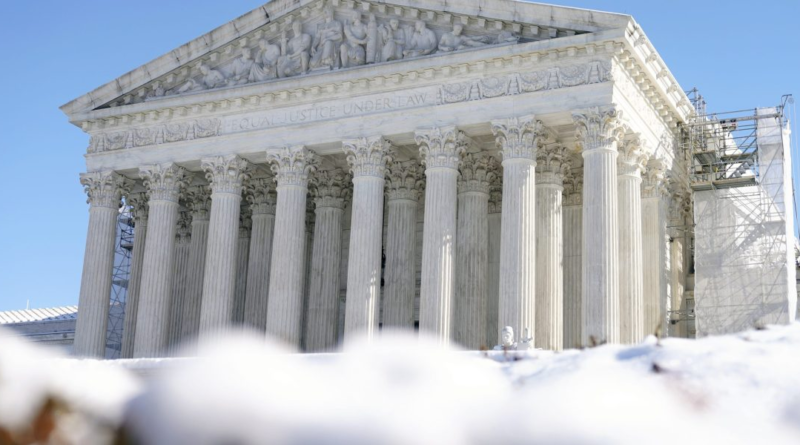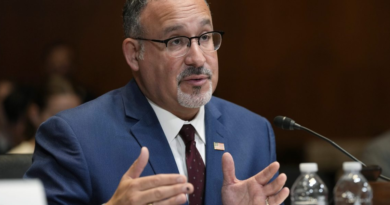West Point can keep taking race into account in admissions—for now, Supreme Court order says
The Supreme Court is allowing West Point to continue taking race into account in admissions, while a lawsuit over its policies continues.
The justices on Friday rejected an emergency appeal seeking to force a change in the admissions process at West Point. The order, issued without any noted dissents, comes as the military academy is making decisions on whom to admit for its next entering class, the Class of 2028.
The military academy had been explicitly left out of the court’s decision in June that ended affirmative action almost everywhere in college admissions.
The court’s conservative majority said race-conscious admissions plans violate the U.S. Constitution, in cases from Harvard University and the University of North Carolina, the nation’s oldest private and public colleges, respectively. But the high court made clear that its decision did not cover West Point and the nation’s other service academies, raising the possibility that national security interests could affect the legal analysis.
In their brief unsigned order Friday, the justices cautioned against reading too much into it, noting “this order should not be construed as expressing any view on the merits of the constitutional question.”
Students for Fair Admissions, the group behind the Harvard and North Carolina cases, sued the U.S. Military Academy at West Point in September. It filed a similar suit against the U.S. Naval Academy in October.
Lower courts had declined to block the admissions policies at both schools while the lawsuits are ongoing. Only the West Point ruling has been appealed to the Supreme Court.
“Every day that passes between now and then is one where West Point, employing an illegal race-based admissions process, can end another applicant’s dream of joining the Long Gray Line,” lawyers for Students for Fair Admissions wrote in a court filing.
West Point graduates account make up about 20% of all Army officers and nearly half the Army’s current four-star generals, the Justice Department wrote in its brief asking the court to leave the school’s current policies in place.
In recent years, West Point, located on the west bank of the Hudson River about 40 miles (about 65 kilometers) north of New York City, has taken steps to diversify its ranks by increasing outreach to metropolitan areas including New York, Atlanta and Detroit.
“For more than forty years, our Nation’s military leaders have determined that a diverse Army officer corps is a national-security imperative and that achieving that diversity requires limited consideration of race in selecting those who join the Army as cadets at the United States Military Academy at West Point,” wrote Solicitor General Elizabeth Prelogar, the Biden administration’s top Supreme Court lawyer.




